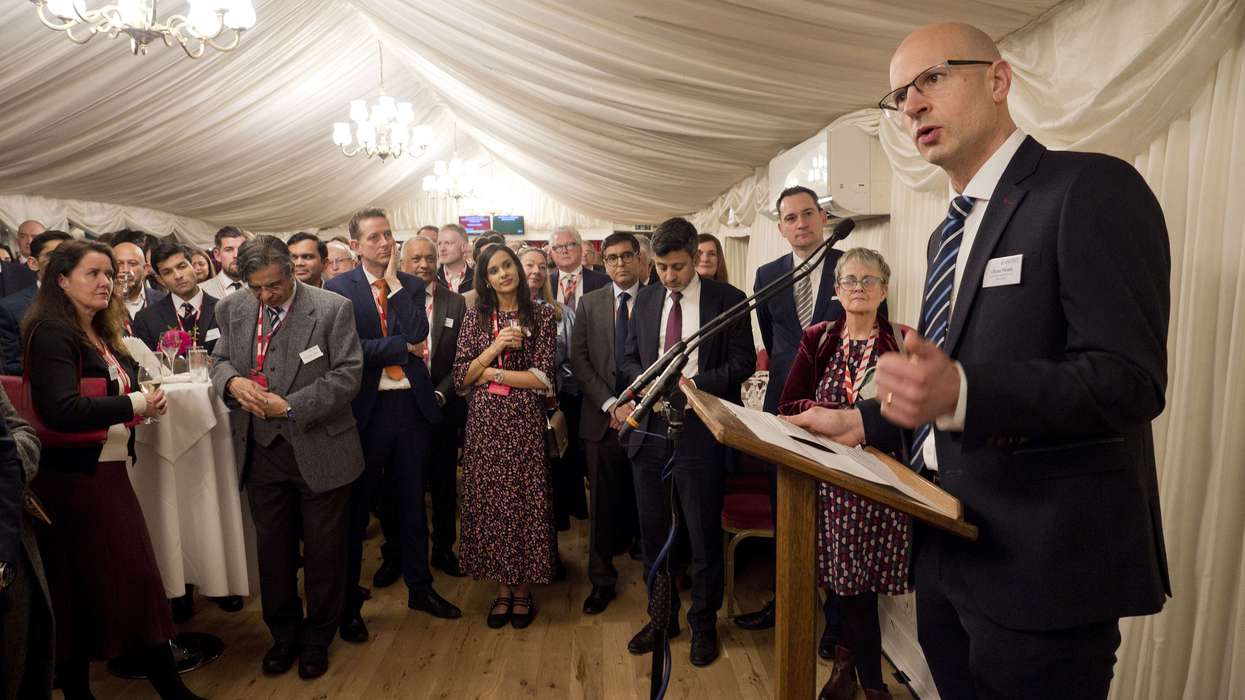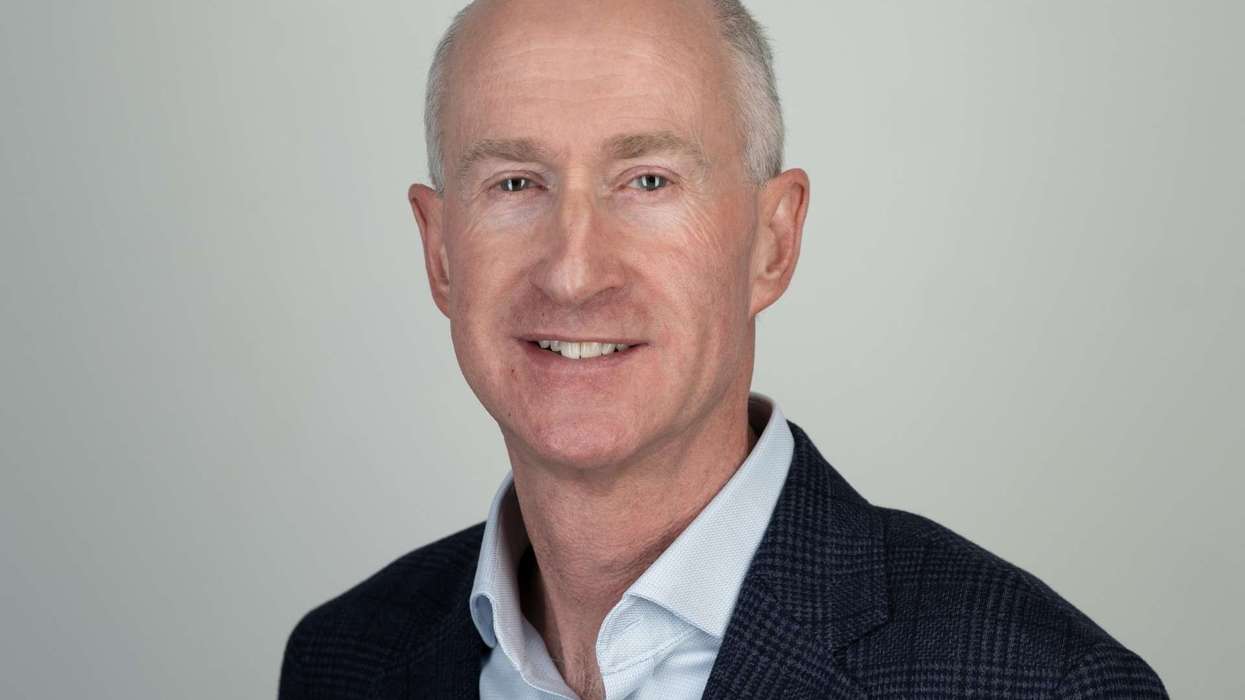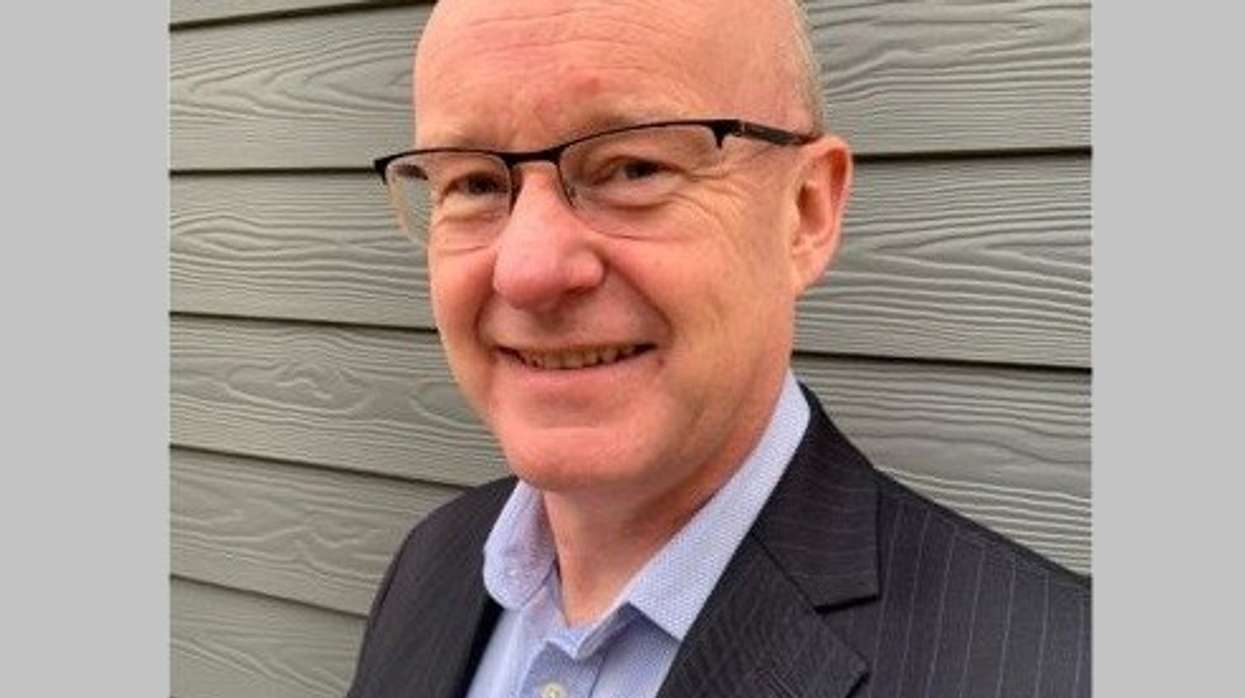NHS England has commissioned the Royal Pharmaceutical Society (RPS) in collaboration with the Royal College of General Practitioners (RCGP) to develop tools and guidance that will help primary care to improve repeat prescribing.
A toolkit will be produced to improve the consistency of repeat prescribing processes and provide training resources so the healthcare system aligns more closely to improve repeat prescribing for better patient care.
The guidance follows NHS England’s plan to reduce overprescribing Good for you, good for us, good for everybody which made 20 cross system recommendations to address overprescribing in England and ensure patients get the right treatment for their needs.
Over the next 18 months, RPS and RCGP will bring together a working group to- scope current best practice to help shape the toolkit; consult with healthcare professionals on a draft version of the toolkit; create an implementation plan for GP practices and pharmacies; and capture the impact of the toolkit on patient care and its implementation by practices and pharmacies.
The working group will be co-chaired by RPS Fellow Clare Howard, Clinical Lead for the Academic Health Science Network Polypharmacy Programme and Dr Michael Mulholland, Honorary Secretary of the RCGP.
Clare Howard, clinical adviser and lead for the development and implementation of the toolkit said: "I’m delighted to be working on this toolkit with the RPS and RCGP. We prescribe and dispense well over 1 billion prescription items in England in primary care and over 75% of those items are repeat prescriptions.
“The vast majority of medicines are prescribed and dispensed safely, but we know from the evidence that there are risks in our systems and as these systems get busier, with more and more people on multiple medicines, we need to ensure that our processes are both safe for our patients and efficient for our primary care work force.
“We will develop a toolkit to help GP practices and PCNs to understand where the risks in their local arrangements might be and how to address them to ensure systems are run safely and also reduce unnecessary burdens on our valuable clinical workforce.”
Dr Tony Avery, GP and Professor of Primary Health Care University of Nottingham and National Clinical Director for Prescribing, NHS England, said: “Having medicines on repeat prescription makes life easier for patients, general practices and community pharmacies, but problems and waste can occur if the repeat prescription process is not designed well, or if patients’ medicines are not reviewed on a regular basis.
“The guidance and training resources that will be developed by the RPS and RCGP will ensure that repeat prescribing systems work well for patients and NHS primary care teams, reduce inefficiency and waste and, most importantly, keep patients safe.”
The final toolkit will be published in May 2024.











